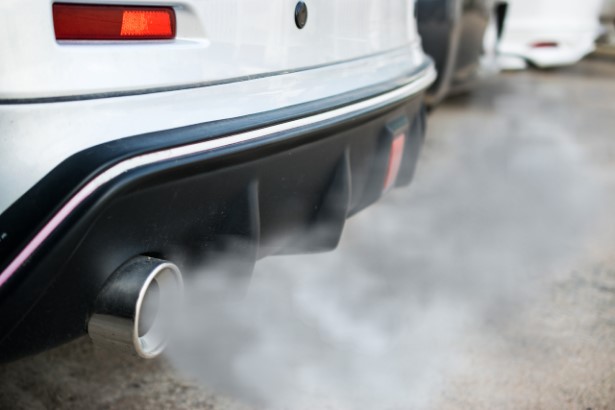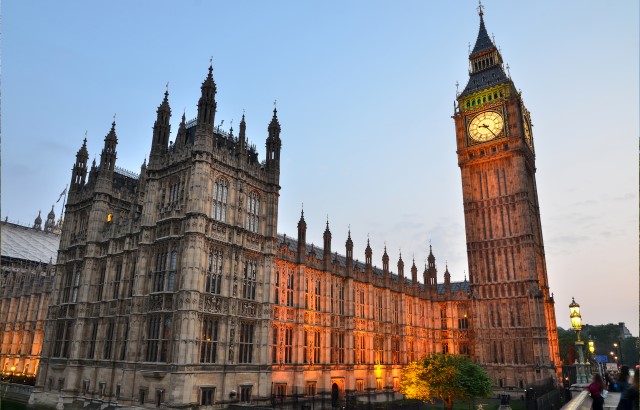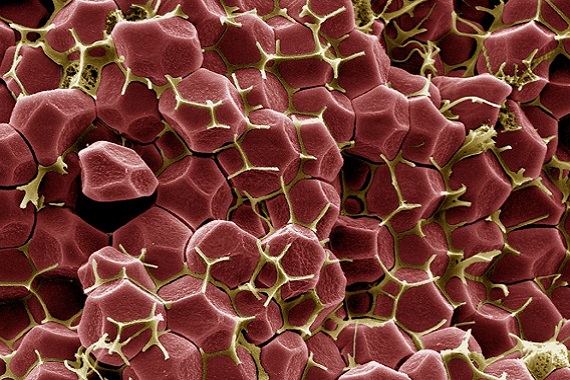


The truth is that toxic air is all around us, even when we can’t see it. The worst offender is called fine particulate matter, known as PM2.5, which can’t be seen with the naked eye.
But don’t let its invisibility fool you - PM2.5 is a triple threat. BHF research has shown it can:
- remain in your bloodstream for at least three months,
- can worsen the build-up of fatty materials inside the arteries, leading to blood clots,
- and potentially affect the normal electrical functioning of your heart.
These harmful effects can have lasting consequences. They can increase the risk of a heart attack or stroke – conditions we all know can be fatal. In fact, up to 11,000 heart and circulatory disease deaths each year are attributable to air pollution in the UK.
Not only that, but research on air pollution has shown it can worsen existing heart and circulatory conditions, such as symptoms of angina, heart failure, atrial fibrillation and others. It’s clear that cleaner air isn’t just a nice thing to have – it is vital to help people live healthier and longer lives.
While climate change is high on the political agenda, we must remember that it is also crucial to clean up our dirty air. That’s why in the last month we have launched a campaign to raise awareness of the harmful health effects of air pollution, and to demand change.
Toxic air sticks in your blood
Finding out exactly how toxic air affects us when we step outside is crucial to driving change and cleaning up our air. That’s why we’ve funded around £5.8million of air pollution research.Take the work of BHF-funded researcher Dr Mark Miller and BHF Professor David Newby, as an example. Their team of researchers at the University of Edinburgh carried out a study asking healthy volunteers to breathe in harmless gold nanoparticles. These nanoparticles were designed to mimic the smallest particles created by diesel exhaust fumes.
They found that the gold moved from the lungs into the volunteers’ blood and urine within just 24 hours and could even be detected in the blood three months after exposure. Not only that, but the area where the nanoparticles built up was within the fatty plaques of diseased arteries in people at high risk of stroke.
Dr Miller is now continuing his research with further funding from us. He’ll assess whether a group of fats made in the body (called eicosanoids) could contribute to the harmful effects of particulate matter.
Something fishy about PAHs

We know that PM2.5 can have a damaging effect on our health, but BHF-funded research is also looking at another group of chemicals. Dr Holly Shiels at the University of Manchester is studying air pollutants called polycyclic aromatic hydrocarbons (or PAHs). PAHs are produced when we burn fuels like coal, petrol or diesel, or even tobacco.
Dr Shiels has previously used fish heart cells to show that PAHs affect the function of molecules controlling how calcium ions move within the heart. This can alter the heart’s normal electrical rhythm and its ability to effectively pump blood. Most studies of the effects of PAHs so far have focused on a substance called phenanthrene. However, there is more work to be done to explore how other PAHs may contribute to heart and circulatory diseases.
What can we do about toxic air?

Research is crucial, but results can take time. Urgent action is also necessary if we’re to reduce air pollution levels over the next decade.
It starts with the Government. Currently, the UK’s legal air quality limits on air pollution don’t go far enough. We currently subscribe to EU legal limits, but these are far less stringent than the World Health Organization’s (WHO) guidelines, which many parts of the UK do not currently meet.
We want the Government to update our air quality laws and make the WHO guidelines legally binding. However, this won’t be enough on its own. Across the country, air pollution levels must be reduced to within the WHO guideline limits by the end of 2030. This will help protect people’s health for generations to come.
Get involved
The more support we have for stronger limits on the air we breathe every day, the better.
The upcoming Environment Bill is a great opportunity for us to push for the adoption of the WHO guideline limits, as the Bill will set out the Government’s plans for tackling air pollution. We’re asking everyone to write to their MP today using our quick and easy form to ask them to support the adoption of these limits into UK law.
Now pause. Take a second to breathe in and breathe out. If we all work together, we can make sure the air we breathe every day is cleaner and better for our health and our hearts.
Take action to tackle air pollution
More BHF Research
Ever wondered which animal has the most complex heart? Or how what you drink can affect your health? How about if you can die from a broken heart?
Our brightest and best life saving research is brought to you each week.



